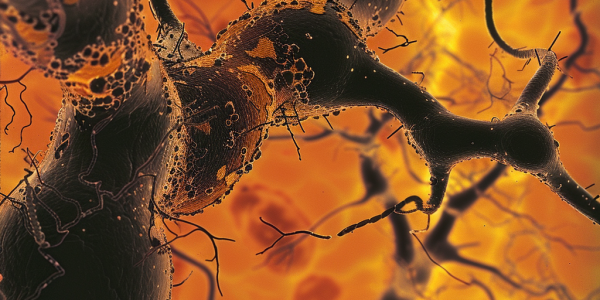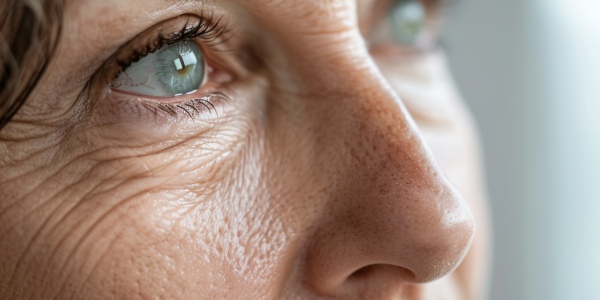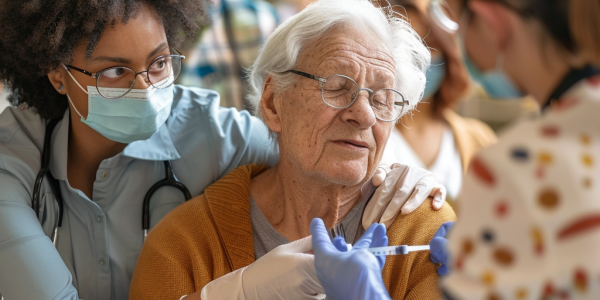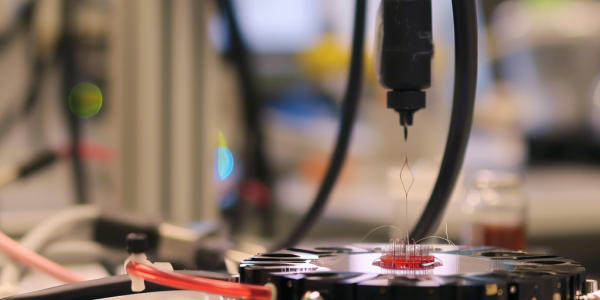Hbada E3 Ergonomic Office Chair Wins London Design Award
Discover the award-winning Hbada E3 Ergonomic Office Chair, recognized for its revolutionary design and unparalleled support features. With advanced adjustability and industry-leading innovation, this chair sets new standards for comfort and ergonomics in the workplace.
AI Revolutionizing Women’s Healthcare with Generative AI (GenAI)
Discover how Artificial Intelligence (AI), especially generative AI (GenAI), is revolutionizing women’s healthcare by bridging historical gaps in research and development processes. Learn how AI technologies are addressing disparities in healthcare solutions for women by leveraging physiological and hormonal differences to improve treatment outcomes.
Advancements in Alzheimer’s Disease Diagnosis and Treatment
Recent advancements in the understanding and treatment of Alzheimer’s disease have led to revised criteria for diagnosis and staging, focusing on targeting amyloid-β plaques and utilizing biomarkers for in vivo diagnosis. Learn how these changes are revolutionizing the management of this progressive neurodegenerative disorder and offering hope for improved outcomes for patients.
Can Delaying Menopause Lead to Longevity?
Can delaying menopause lead to increased longevity? Scientists are exploring the potential benefits of keeping the ovaries functioning longer to prevent age-related diseases. Learn more about the connection between menopause, aging, and women’s health in this insightful article.
Groundbreaking Gene Therapy Treatment for Haemophilia B Introduced to NHS
Groundbreaking gene therapy treatment for haemophilia B has been introduced to the NHS, offering hope to patients like Elliott Collins. Elliott, who relied on regular injections for nearly three decades, has seen a significant improvement in his condition with the innovative therapy. This breakthrough in gene therapy provides new hope for individuals with haemophilia B, potentially offering an alternative to regular injections and improving their quality of life.
Study Reveals Alarming Increase in Mortality Rates from Neurological Diseases in Young Adults
A recent preprint study by Phinance Technologies reveals a concerning increase in mortality rates among individuals under 44 due to neurological diseases. The study highlights a significant rise in deaths linked to conditions like Guillain-Barré syndrome and acute disseminated encephalomyelitis, signaling a departure from historical trends. This alarming trend underscores the need for further investigation and proactive measures to address this growing public health concern.
Monitoring Air Quality for Healthier Living Environments
Learn about the impact of wildfires on air quality and health, and how to monitor and improve air quality for better overall health outcomes. Follow Briana Conner for air quality updates and prioritize your health by staying informed and taking necessary precautions.
Global Analysis of Seasonal Influenza Vaccine Market by VacZine Analytics
VacZine Analytics releases new global analysis of seasonal influenza vaccine market, focusing on mRNA products. With 3-5 million severe cases of influenza annually, vaccination is crucial to prevent infections, especially with ongoing circulation of SARS-CoV-2. New WHO guidelines expected to transition vaccines to trivalent inactivated format. mRNA-based influenza vaccines anticipated to enter US market by 2025-26, potentially impacting global market.
Can You Get the Flu in the Summer?
Can you get the flu in the summer? Dr. Jordan Wagner explains the importance of accurate diagnosis and treatment for flu, COVID-19, and other illnesses. Rest, hydration, and antiviral drugs may be necessary. Prevention through good hygiene habits is crucial to reduce the risk of contracting and spreading illnesses.
MIT Engineers Develop Implantable Ultrasound Device for Neurological Disorders
MIT engineers have developed the ImPULS device, an implantable ultrasound technology that could revolutionize the treatment of neurological disorders like Parkinson’s disease. This groundbreaking device offers a minimally invasive alternative to traditional deep brain stimulation, potentially reducing tissue damage and increasing treatment efficacy. The device, as thin as a human hair, uses ultrasound instead of electricity for deep brain stimulation, showing promising results in triggering dopamine release. This innovation not only has therapeutic applications but also holds promise for advancing neuroscience research.










